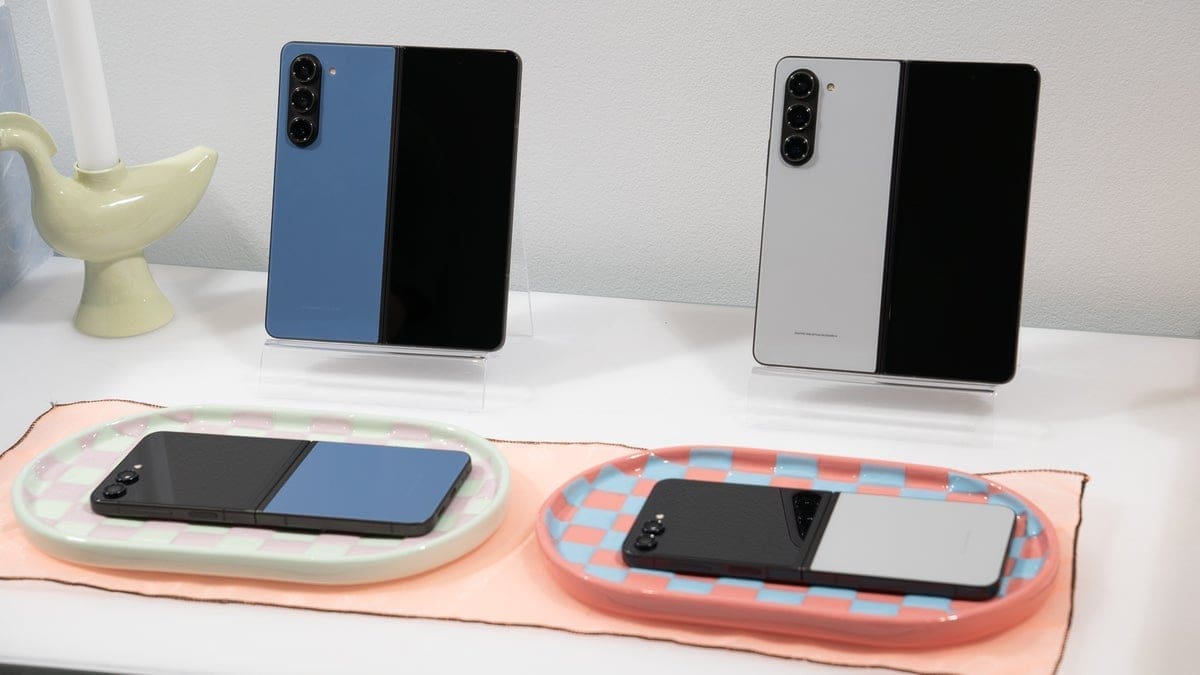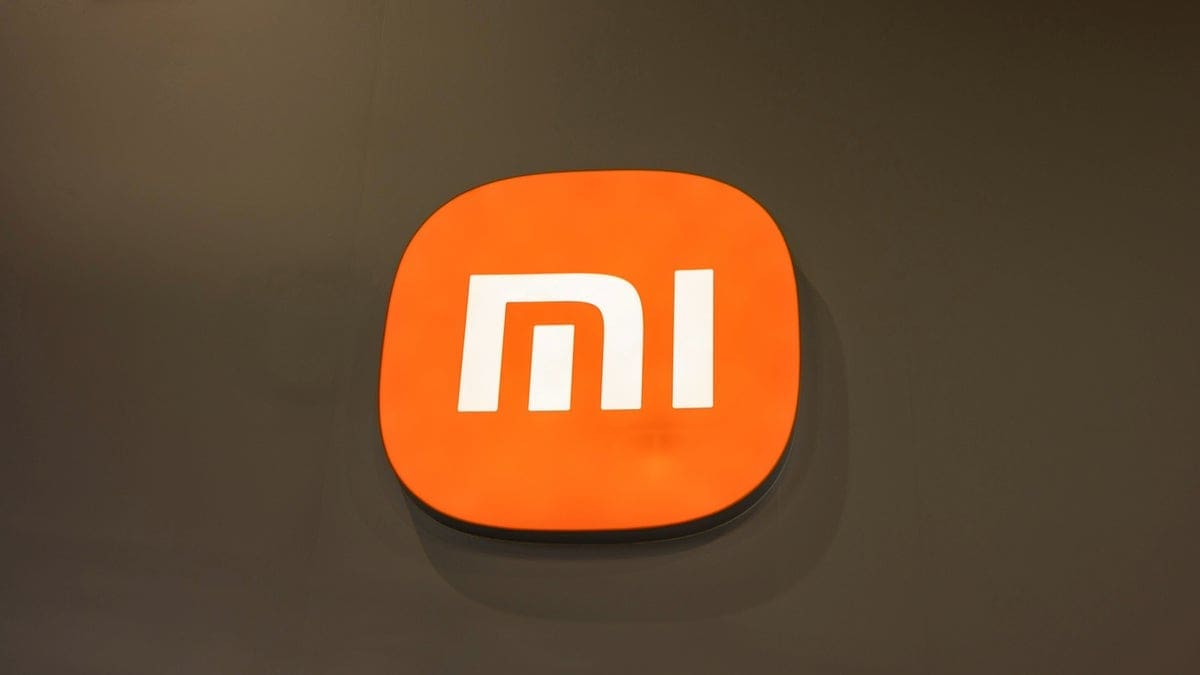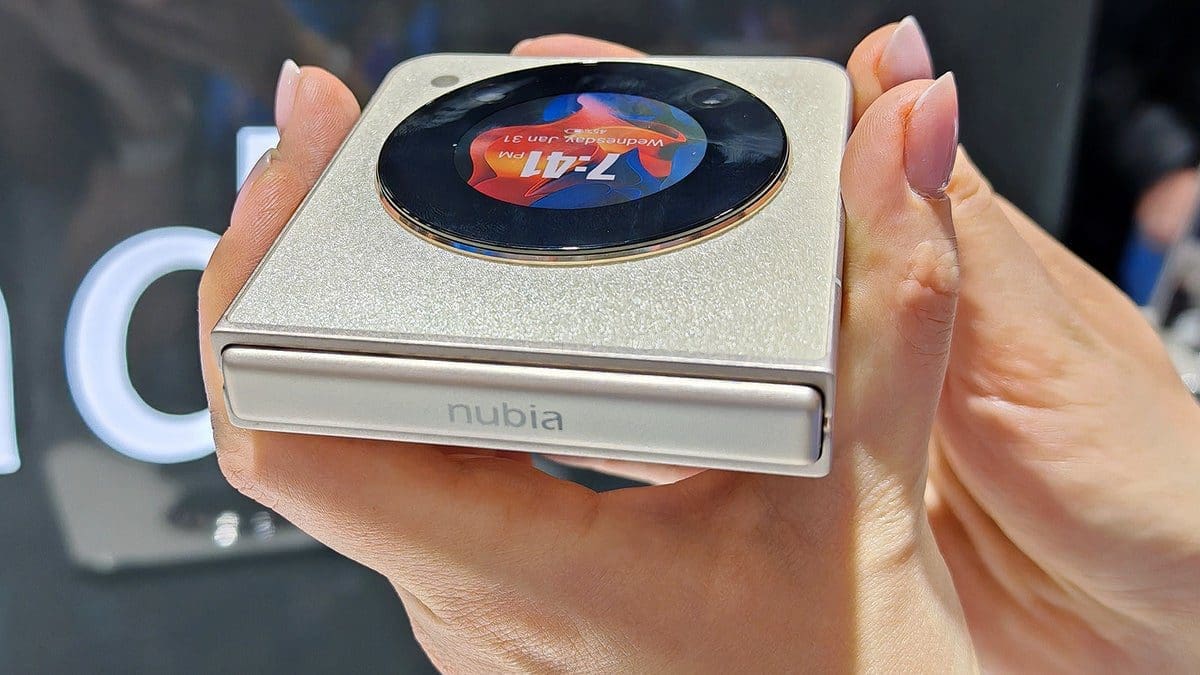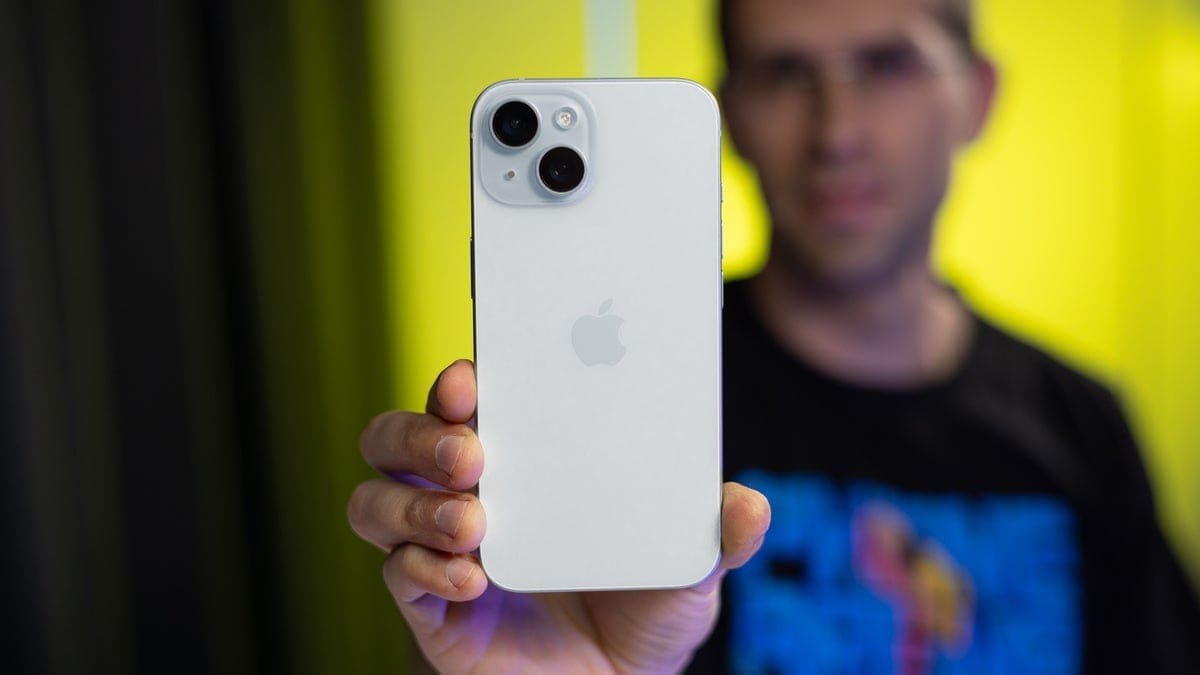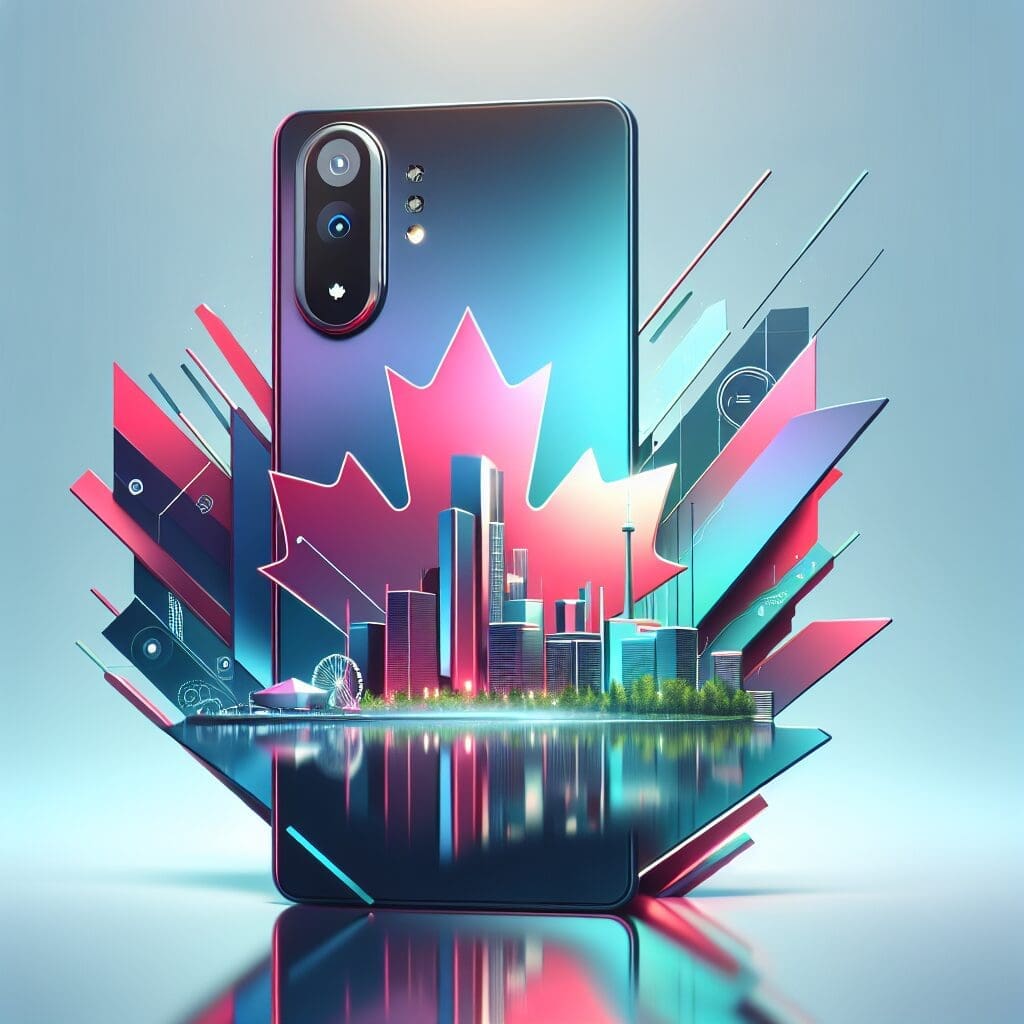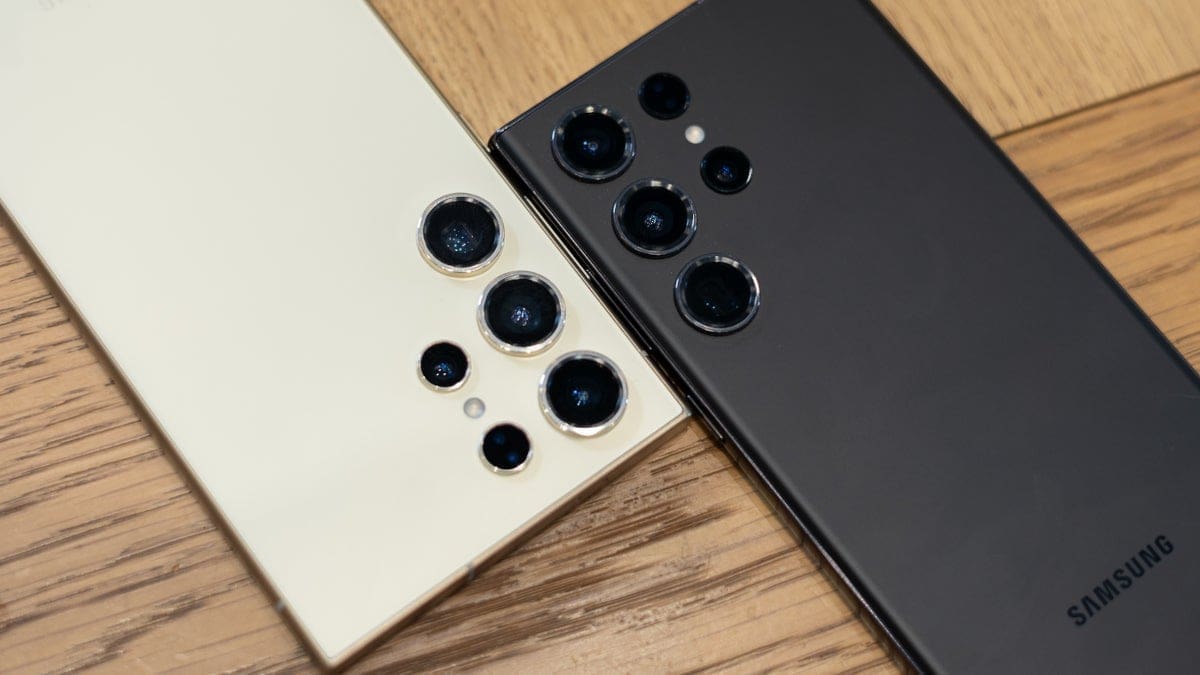The future of smartphones is unfolding before our eyes, quite literally! As we move towards a foldable future, the debate over which way a phone should expand – book style or flip style – becomes increasingly relevant. So, let’s dive into the world of foldable phones and explore the pros and cons of each design.
Book Style Foldables: Productivity Powerhouse
- Book-style smartphones like the Samsung Galaxy Z Fold 5 and OnePlus Open unfold to reveal a large, tablet-like display.
- Ideal for multitasking, editing documents, browsing multiple apps simultaneously, and immersive gaming.
- Offers the benefits of a phablet without the bulk when folded, making it highly portable.
- Perfect for Instagram enthusiasts who want to enjoy photos in a larger format.
- Drawbacks include being bulkier and heavier compared to traditional smartphones.
- Expensive price point and some models may have hinge problems or subpar camera performance.
Flip Phone: Flippin’ Good!
- Flip-style smartphones like the Galaxy Z Flip 5 and Motorola Razr Plus (2024) offer a compact form factor.
- Perfect for users who value small, unobtrusive objects and enjoy a minimalist lifestyle.
- Combines nostalgia with contemporary technology for a cool factor that appeals to many users.
- Typically have less powerful hardware than book style foldables but come at a lower price point.
- Drawbacks include mediocre camera performance, limited software support, and weaker dust and water resistance.
In conclusion, both fold-style and flip-style foldable smartphones cater to different user preferences and lifestyles. Whether you prefer the productivity powerhouse of a book style foldable or the sleek portability of a flip phone is ultimately up to your personal preferences. So, which side are you on in this foldable revolution? Choose wisely!

